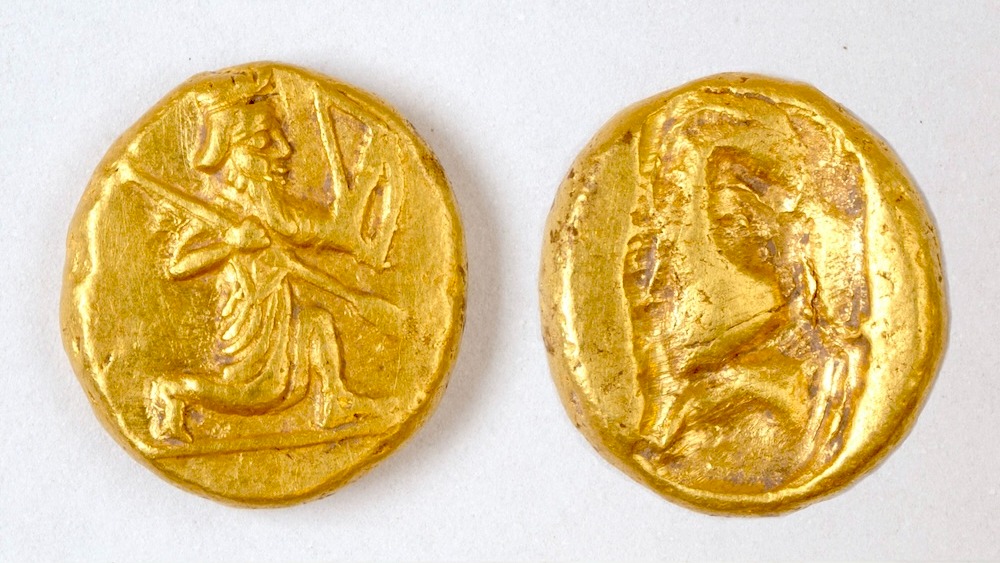
doyouremember.com
Shelley Duvall’s Close Friend Shares Touching Moments From Her Final Days
Shelley Duvall died in her sleep at her Texas home days after turning 75. Her passing came as a shock to fans and family, including her partner Dan Gilroy. Tributes poured in from costars, fellow celebrities, and supporters on social media, praising her talent and unforgettable portrayal of Wendy Torrance in Stanley Kurbrick’s The Shinning.
She last appeared in the horror thriller The Forest Hills last year, and director Scott Goldberg thought it delightful that she decided to act again after so long. Her last known photo was with a friend-turned-fan, who visited with flowers on her last birthday.
Fans react to Shelley Duvall’s final moments
Instagram
Shelley’s final photo with a close friend named Sarah went viral on X as the news of the screen icon’s death got out. Sarah noted in her caption that she was grateful to have given her comfort and companionship in her later years. “I’ll always be grateful for the memories I created with her,” she said.
RELATED: Why Shelley Duvall Really Left Hollywood — And Not Because Of ‘The Shining’
Fans reacted to the wholesome photo, thanking Sarah for her act of service and expressing their grief at the tragic announcement. “There will be many amazing tributes to her that pour in over the next few days but nothing will have been worth as much as the care and love you have shown her,” someone assured Sarah.
Instagram
Shelley’s years away from the spotlight
Shelley reclined to the background in 2002, leaving Hollywood for a more private life lasting about two decades. While Shelley battled health issues during her time away from the spotlight, her reason for leaving the acting scene was due to the hurt people caused her.
Instagram
She admitted to suffering some form of violence she did not discuss further, noting that people who were formerly nice to her suddenly changed. She battled mental health issues, including PTSD, which left her constantly feeling prone to attack and delusional. Thankfully, she was able to make a cameo appearance in Goldberg’s The Forest Hills movie last year.
Click for next Article
The post Shelley Duvall’s Close Friend Shares Touching Moments From Her Final Days appeared first on DoYouRemember? - The Home of Nostalgia. Author, Peace A















